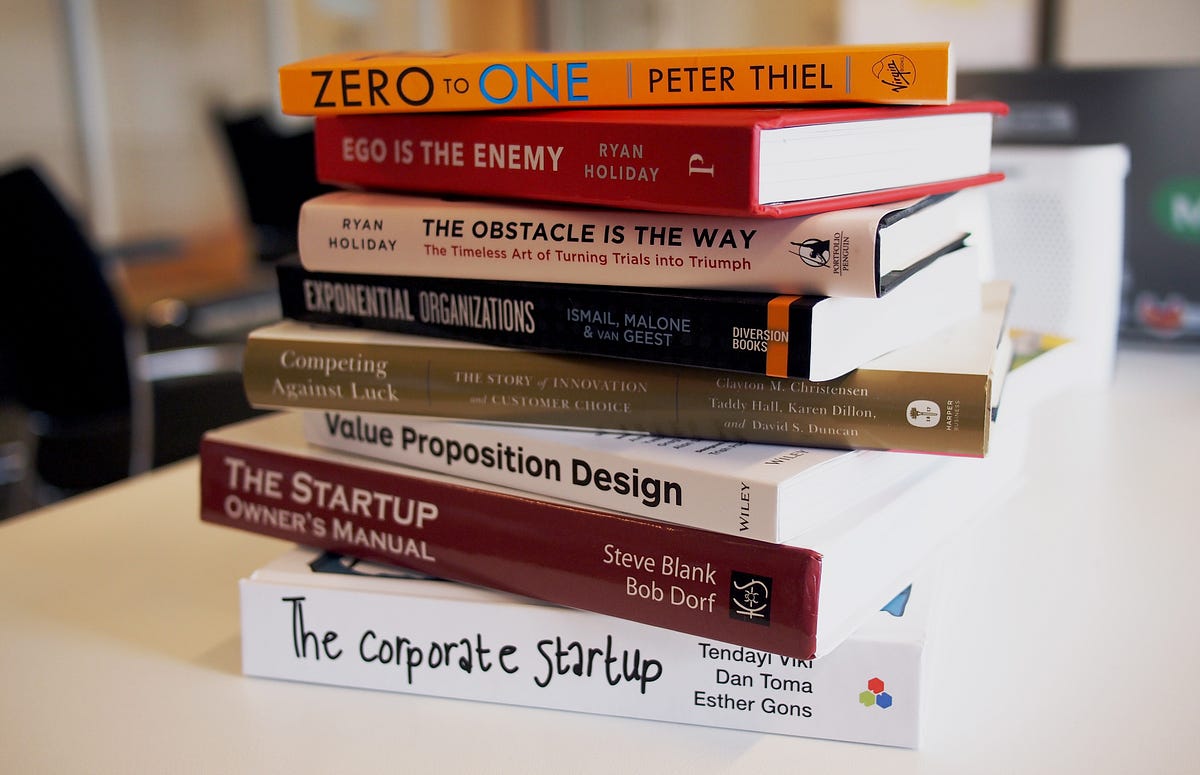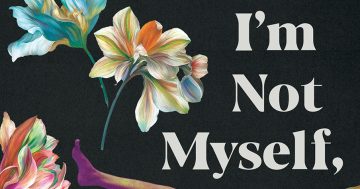
When reading, which I love, began to feel like a chore, I took a break. Picture: iStock.
Nicole Byers highlights the importance of self-care amidst our busy and often stressful working lives – and why it should never just be another item on our to-do list.
The other day I saw a post on Instagram from a colleague that made me stop and think. The post was about why high achievers struggle so much with their self-care.
It’s hard for us as high achievers with big goals to put ourselves first every once in a while, which is definitely part of the problem. However, my colleague also mentioned how high achievers can fall into the default of approaching self-care itself as a task, something to check off the to-do list. Then it starts to feel like more work rather than something that recharges your batteries.
It made me reflect on one of the big goals I set myself last year – reading 50 books – and the times when something I love, reading, started to feel like a chore. It wasn’t refreshing my batteries, or helping me relax at the end of the day; it started to feel like more work, like something I had to do. I have to admit I was pretty surprised.
I’d read a few pages and then put the book down. Yes, some of the books weren’t good and that was part of the problem. I’m not someone who has to finish every book I start. It was getting to the point where even if it was a good book from an author I liked, I still found myself not that excited about reading it. However, there was a simple strategy I used to rewire my brain and bring back that joy.
Once I noticed I wasn’t enjoying reading anymore, and that I was putting pressure on myself to check it off the list, I took a break. There were some days and even weeks when I didn’t read. I took a break to remove that internal pressure to read. After a few days of doing other self-care tasks like crafts with my daughter, or binging on the latest soapie, I wanted to read again. The joy of reading came back.
Important point here – several times in the year I lost the focus of reading as self-care, whereby I started to approach reading like a task I needed to check off. Each time I needed a break. I stepped away from reading, even if that meant I might not read 50 books. Yet, I still reached my 50-book goal, and I know those breaks helped.
If I had continued pushing myself to keep reading when I was feeling stressed or overwhelmed, I would have been slower to read (we all read faster when it’s a good book we are really into, right?). Breaks from even things we normally enjoy doing can be a critical part of self-care.
Another important point: Self-care looks different from person to person, and it can look different from day to day or week to week. Some days, reading was self-care, but other days for me it was something creative like crafts, or writing, or something with my family like going for a walk or to the park, or a TV marathon of my favourite show. That’s OK.
The key for self-care to be truly effective is that you are paying attention to the moment. You’re enjoying the process, not the outcome – and that after you do the self-care task, you feel refreshed and rejuvenated. You can use this strategy in your own life to train your brain to think about self-care differently so you have the mental resources you need to stay motivated on your biggest goals.
Nicole Byers is a psychologist with expertise in clinical psychology and neuropsychology. She is the founder of Rocky Mountain Neurosciences and is the host of The Bold Life podcast. This article first appeared on Nicole’s blogsite.











